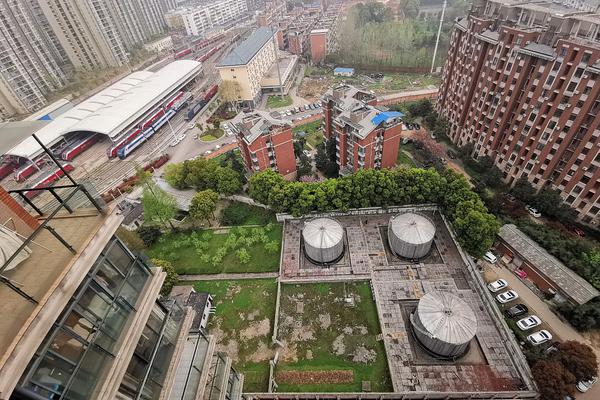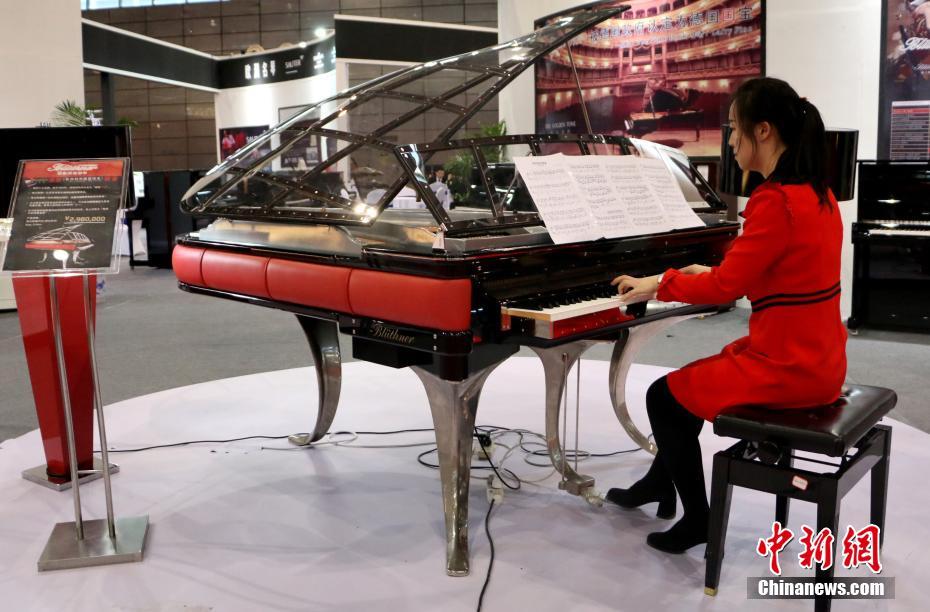【sex incest massage video】Historic Japanese House in Philly Vandalized

By GWEN MURANAKA, Rafu Senior Editor
With fewer than 3,000 Japanese Americans in Philadelphia, the Shofuso Japanese House and Garden in Fairmont Park has been an important gathering place for decades, and so an incident of vandalism last week has been particularly painful for the local JA community.
Late in the evening of June 15, vandals broke into the garden, knocking down doors and shoji screens and damaging a mural by famed artist Hiroshi Senju. Senju donated the murals in 2007, taking inspiration from the garden’s waterfall.

The staff of the garden thought at first that the wind had blown open the wooden doors, but then they discovered items strewn around and holes poked into the mural.
“We’re in touch with the artist, working through that and finding out what will it take to restore them,” said Rob Buscher, president of the Philadelphia JACL Chapter and associate director of organizational culture at Japan America Society of Greater Philadelphia.
“What really upset the community about this is we have a small JA community in Philadelphia. It is the only physically identifiable location in the area. You can’t say it’s a hate incident but it does feel deliberate,” said Buscher.
Another source of criticism is the time it took police to respond. According to Buscher, police were called at 10:12 a.m. but they didn’t arrive until seven hours later.

Buscher, who is also editorial board chair of The Pacific Citizen, wrote on the legacy of Shofuso for the Nisei generation in the 2021 Holiday Issue. He explained that in the 1970s Shofuso fell into disrepair after frequent vandalism. Nisei leaders including Louise Maehara, Mary Watanabe, Hiro Uyehara and Reiko Gaspar formed the Friends of the Japanese House and Garden, a nonprofit organization to fundraise and restore the garden. The original mural, created by Kaii Higashiyama, was destroyed by vandals, and the Senju mural is its replacement.
“It’s a situation where we don’t feel supported by the city. Again it’s [been] a pattern for a long time, even in the generation of the Nisei. When they started the Friends of the Japanese House and Garden it was because the city had neglected the garden for so many decades,” Buscher explained.
Mayor Jim Kenney, in an interview with Eyewitness News, vowed that whoever’s responsible will be sent to jail. He also defended the police response.

“I understand that this is a terrible thing to happen but it wasn’t someone’s life in danger,” Kenney said. “We have to prioritize how we respond to things.”
“Just because something is not on the same level of severity, we can walk and chew gum at the same time. Should be able to address multiple concerns that are very real,” Buscher said.
Shofuso was built in 1953 using traditional methods in Nagoya and exhibited in the courtyard of the Museum of Modern Art in New York before moving to Philadelphia in 1958. The garden has been the site for numerous weddings, birthdays and memorial services.
The Shofuso Japanese House and Garden is in a predominantly Black neighborhood and Buscher said that they have been working on bridging the gap with the local community. In April, Shofuso held its Sakura Concert Series, which celebrated the overlap between Japanese and African American music. The garden has reopened since the vandalism.

“We’re pretty sure it’s kids who did this and there’s a chance they came from the community. That is deeply upsetting,” Buscher said.
Unfortunately, Shofuso doesn’t have security cameras, and a concern is that such incidents could happen again. In California, a number of Japanese American sites have been vandalized, set on fire or otherwise damaged since the start of the pandemic in 2020, including Higashi Honganji in Little Tokyo, the San Jose Japantown Monument to Issei, the Historic Wintersburg property in Huntington Beach, the Go For Broke Monument in Little Tokyo and Konko Church of Los Angeles.
“Shofuso occupies a very particular place, with it is our ability to utilize it to do cultural education. The need is there and so when an institution is being attacked it sends a message to people,” Buscher said.
“At the end of the day we’re all Philadephians. We all love our city and are active supporters, participating in every aspect of life. When things like this crop up it’s a reminder that Japanese Americans aren’t fully accepted as full Americans, we still have this conditional acceptance.”
Photos courtesy Japan America Society of Greater Philadelphia (except where noted)






Related Articles